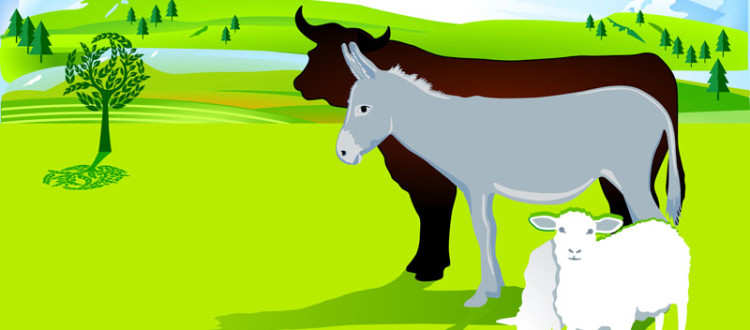Vayetze
If At First You Don’t Succeed, Get Up And Try Again Jacob reprimanded the shepherds who were sitting idly by the well: “Water the sheep and go graze them.” The shepherds explained that they could not move the boulder that covered the well until all the shepherds came (Genesis 29:7-8). Couldn’t Jacob see that there was a huge boulder on the well? Why did he reprimand the shepherds? Perhaps they had tried to move it... Read More











